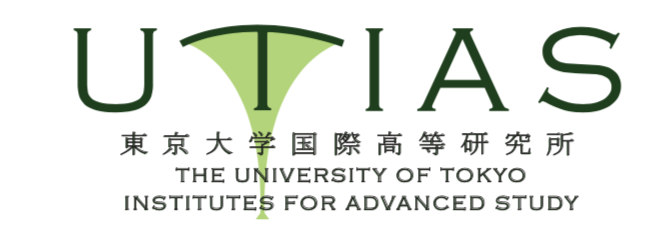Kavli Institute for the Physics and Mathematics of the Universe (Kavli IPMU), Tokyo Institute of Technology’s Earth-Life Science Institute (ELSI) and IRCN co-sponsored public lecture—“A Question of Origins”—will be held.
Throughout history, we have asked questions about the origin of space, the earth, and life. The public lecture will cover all these topics, and discuss the extent to which they are being unraveled.
This event will be in Japanese.
Date: February 16, 2020 13:00-17:00 (Door opens at 12:30)
Venue: Miraikan-The National Museum of Emerging Science and Innovation
Program
13:15-13:50
Lecture 1
The Birth of a Mind
Speaker: Kazuo Okanoya (IRCN Affiliated Faculty, University of Tokyo Graduate School of Arts and Science Professor)
The mind is a subjective experience of existence, and one can only infer the minds of others. Is the mind something that evolved by natural selection, or is it a process corresponding to behavior? In this talk we will look into research studying animal minds. Do non-human animals understand time, do they empathize with others, do they manage their own memories in order to select the best course of action, and can they exchange their own actions for the ones of outsiders. We will use these studies to infer animal minds, and then, the evolutionary processes that produced a mind. We will also look into whether AI can have a mind of its own.
13:55-14:30
Lecture 2
Studying the origin of molecules, living organisms, and ecosystems Using stable isotope ratios
Speaker: Mayuko Nakagawa (ELSI Specially Appointed Assistant Professor)
In order to understand what sort of environment, and what sort of ecosystems have come and gone throughout the Earth's 4.6 billion year history, we geochemists analyze the chemical information lying within rocks that have been around since the Earth's beginning. It requires one to study the laws governing atoms and molecules in order to understand the material cycle of modern day Earth, from a single cell and all the way to the entire Universe. In particular, stable isotopes change according the physical properties and life cycles, making it the perfect candidate to study the origin of matter, its life and death. In this talk, we will look at how the latest research is uncovering the origin of molecules that make up our environment and the things living in it.
14:50-15:25
Lecture 3
Science of Creation and Dark Matter
Speaker: Shigeki Matsumoto (Kavli IPMU Principal Investigator)
Cosmology that studies what happened at the beginning of the Universe could otherwise be called the science of creation. The origin of spacetime, the origin of entropy, the origin of matter, and the origin of the Universe's structure. Taking the last point, the origin of the Universe's structure, we are trying to find an answer to why galaxies and galaxy clusters are shaped the way they are. This is depends greatly on dark matter. This talk will look at the latest research into finding the origin of the Universe's structure, and also uncovering the identity of dark matter.
15:30-16:15
Discussion
What does it mean to study an origin
Moderator: Takayuki Suzuki (University of Tokyo Graduate School of Arts and Science Associate Professor)
What does it mean to study the origin of something? A philosopher will moderate a discussion between three researchers who are trying to uncover the origin of three different things.
16:20-16:50
Tea time
*Due to precaution to coronavirus pneumonia
For more detail, please go to Japanese page.


